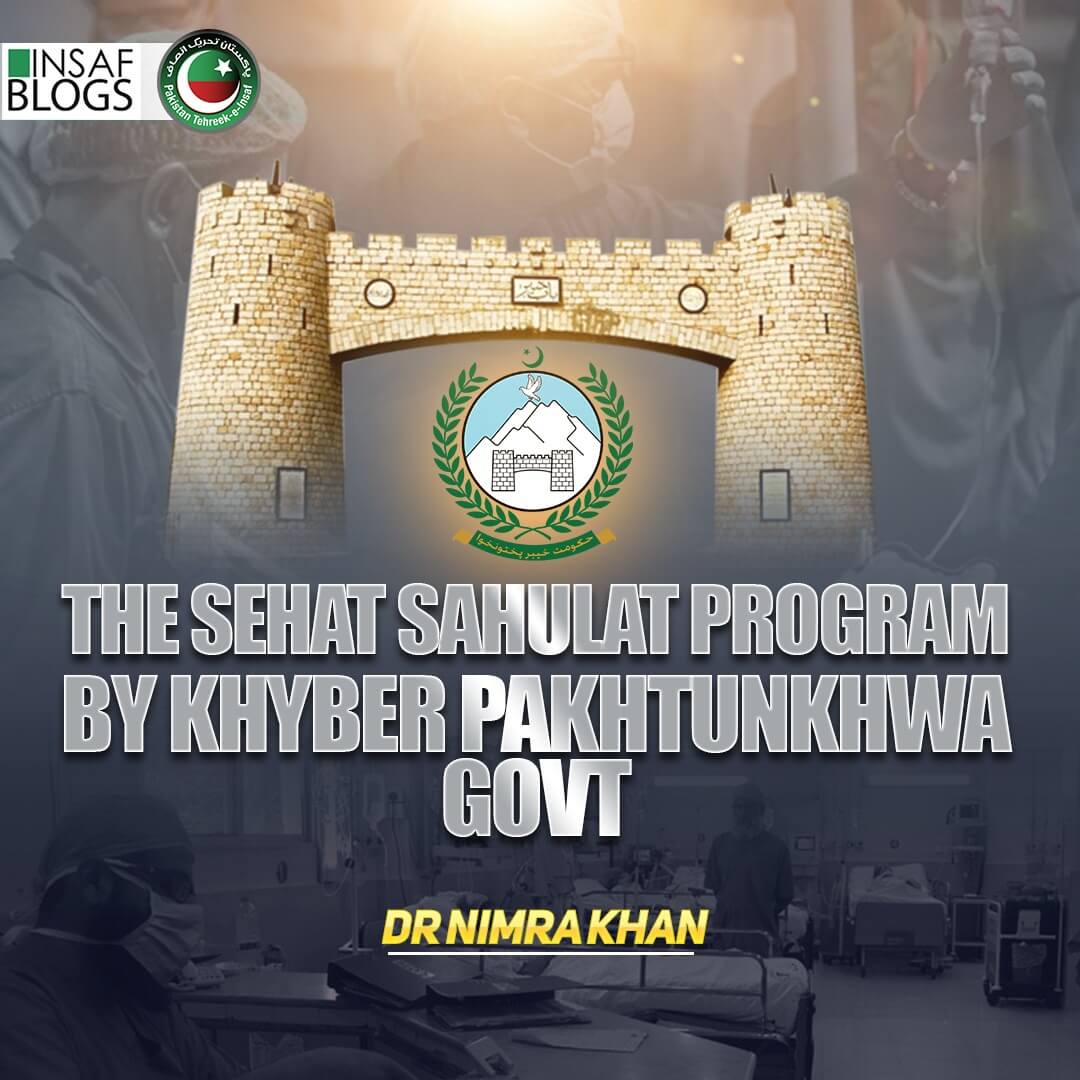
In a country like Pakistan, justice has always been in short supply. But the kind of paucity one witnesses today of the commodity is nauseating. It appears the country has gone beyond the need for its provision by the state and members of the ruling elite, whose hands are dripping with the blood of the people, have assumed the responsibility of dispensing it as and when needed, in a manner they would deem appropriate. There are no questions asked as the courts have been reduced to becoming vehicles of its miscarriage upon orders received from multiple centres of power in the country.
So, Arshad Sharif’s case can continue languishing in the corridors and his mother not allowed to register an FIR based on facts that only she knows. The former prime minister of the country is not allowed to register his FIR nominating the people he thinks were responsible for the assassination attack which he barely escaped with bullets in his legs. Cases pertaining to grave misdoings of those in power are never brought up for hearing while those of the ones in the opposition are seldom taken off the roster. Political funds received from certified personnel and institutions are construed a crime while those not disclosing even the sources of their earnings are vested with the power to rule the country. The ECP openly violates the SC injunctions in this regard, but the apex court remains in deep stupor. And worst of all, the cases of the weak and the poor whose lands are usurped by the powerful mafias, whose daughters are abducted by the outlaws and subjected to grievous crimes, and who live under the perpetual threat of extermination never come up for hearing. They are buried six-foot under in the hope of justice being dispensed, but the judicial stupor only becomes deeper and more morbid.
This commodity of justice which should be available for everyone who seeks it through the courts of law spread right across the country is available only to those who either have the money to buy it, or the power to force it. Through decades, it has been readily available to dictators who violated the constitution to take over charge of the country. The courts even coined a phrase for facilitating the passage of power in their hands called the “doctrine of necessity”, This, in simple words, meant that though the act of usurpation of power is treason, but we justify it as a necessity simply because it has already been committed. So, treason, once committed, does not remain treason for Pakistani courts of law. In fact, it would not be incorrect to say that Pakistan’s judiciary was the single most important constituent in the promulgation and prolongation of dictatorial rules in the country. It did not stop with merely justifying the military take-overs in the country. When Musharraf took charge, the chief justice for whose restoration a lawyers’ movement was later launched, had adjudicated that the new dictator would have the carte blanche powers to annul, amend, or do what he may with the constitution for a period of three years. There would be no questions asked. I don’t know if judicial servility before the usurpers could go any further than that.
Justice has also been ordered on telephone as the incumbent prime minister did while talking to the (then) justice Qayyum. It has also been despatched in brief cases to far-off places like Quetta to secure an injunction against the (then) chief justice whose court was later physically attacked, and he was made to flee the premises. The one who perpetrated the crime was later rewarded with the prime ministership of the country not once, not twice, but three times. He is now vowing to take charge of the coveted office a fourth time.
Then there have been countless cases of gross miscarriage of justice, Hudaibya Paper Mills being a classic example. This case revolved around the confessional statement of the person who was responsible for having laundered billions worth of funds out of the country complete with account numbers and details. It is not just that the alleged criminals were allowed to walk out free; they were again rewarded with an opportunity of ruling the country to perpetrate more of such crimes. The person who made the confessional statement is today the finance minister of the country, but the judiciary remains comatose. And when a concerned judge in the case was asked to explain the sources of his wealth and that of his wife, he refused to do so. And the apex court agreed, thus granting him immunity from prosecution. If a sitting judge is granted such immunity, it becomes a fit case for the entire population to be granted the benefit. Let there be no courts. Let people take matters in their own hands. Let’s walk back to the cave days.
In the more recent past, various judicial organs were responsible for not allowing the corruption cases against the powerful people to proceed further. It is said that they had instructions in this regard, but that cannot be construed as an excuse to do a disservice to the country by letting people walk away free who have open and shut cases against them pending in courts of law. The apex court has so far refused to take notice of self-serving laws enacted by the conspiracy-riddled rulers to free themselves of charges worth billion s of rupees. This makes for a classic case of a person in power delegating to himself the roles of the judge, the jury and the executioner.
Volumes can be drafted of the congenital corruption that plagues the institution entrusted with the task of dispensing justice. This is not how states prosper and progress. This not how people are allowed competitive opportunities to move on in life. This is not how the weak and the impoverished communities of the country are protected. This is not how the principle of justice is established equitably for the rich and the poor alike. This is not how dacoits are stopped from pillaging the country. This is not how corruption is eliminated and the society secured from evil. This is not how people are ensured protection and others stopped from perpetrating loot with abandon. The state invests in the institution of judiciary to protect the rights of its people, not become a partner in the perpetration of crime and in defence of criminals.
Let’s have it out. If the judiciary is unable to provide justice to the people, it has no locus standi to be there. A judiciary without the ability of dispensing justice is a shame on the face of the country. Let’s wrap it up. The country will be so much better without these justices holding office, enjoying their perks, their protocols and their powers.
And of justice? Let’s not talk about it.
Tags:Imran Khan












